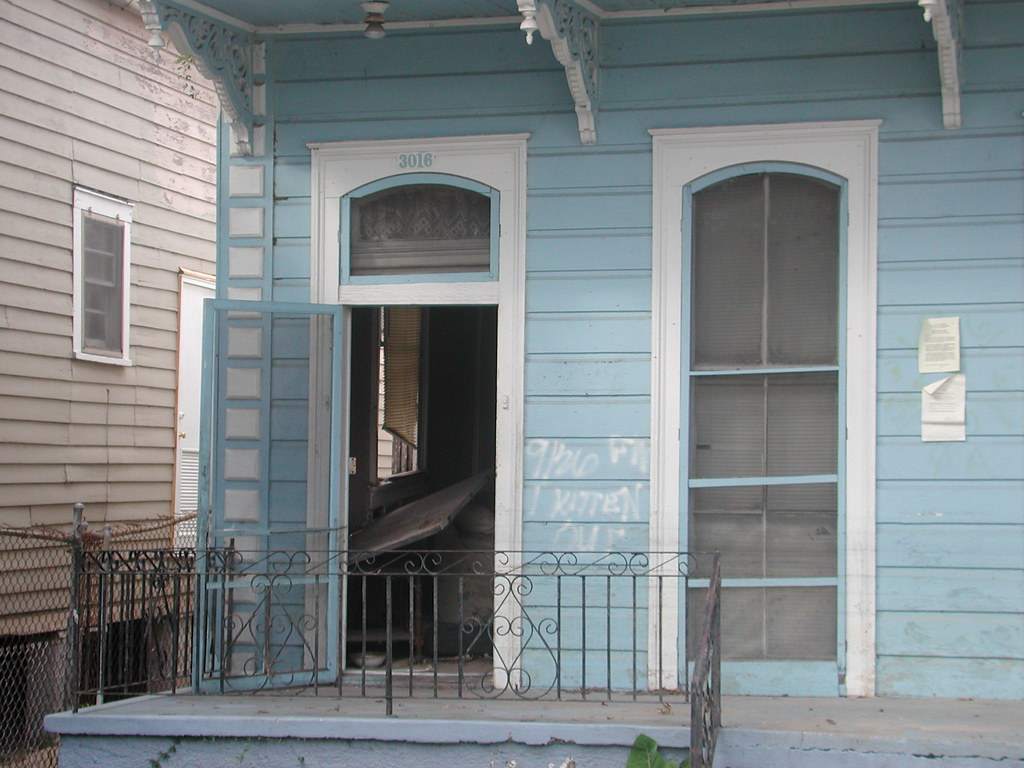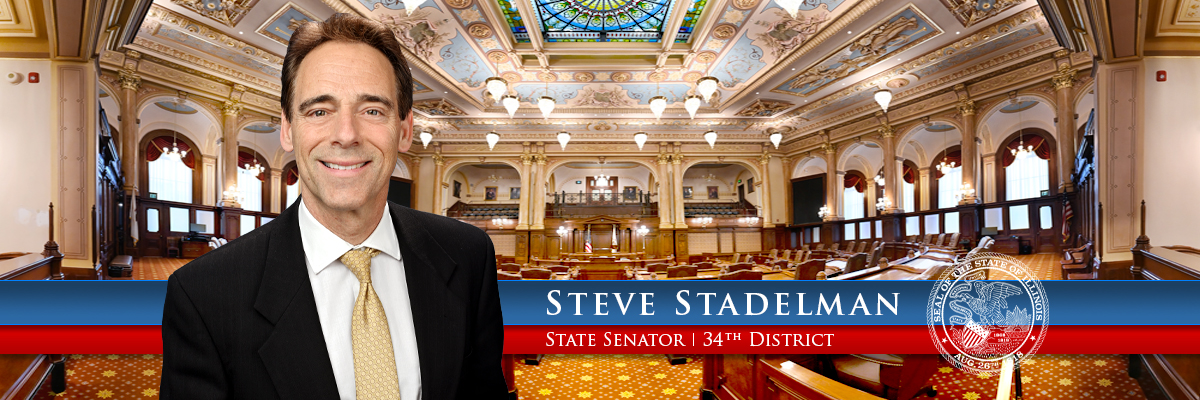- Details
- Category: Press Releases

SPRINGFIELD – In efforts to raise awareness and honor those who have died in work zones across Illinois, State Senator Steve Stadelman (D-Rockford) is highlighting the Illinois Department of Transportation’s Work Zone Awareness Week.
Bridges and buildings throughout the state will be turning orange this week to honor those who have died in work zones and to raise awareness as the Illinois Department of Transportation signals the start of another construction season.
“If you’re driving over the Morgan Street Bridge at night and notice the orange lights, take a moment to recognize all of the Illinoisans we’ve lost to work zone construction accidents,” Stadelman said. “I’m grateful that the city of Rockford is participating in this statewide effort.”
Rockford’s Morgan Street Bridge is one of the participants that will be turning their lights orange at night.
In 2019, 842 people were killed and 39,100 injured in work zone crashes. Illinois averages 6,400 crashes in work zones each year, resulting in 1,700 injuries and 34 deaths. More than 9 out of 10 deaths are someone other than a worker, including drivers, passengers, pedestrians and bicyclists.
Visit IDOT’s Work Zone page for more information.
- Details
- Category: Press Releases

SPRINGFIELD – State Senator Steve Stadelman (D-Rockford) recently honored 121 Rockford-area high school students who were named 2021-22 Illinois State Scholars by the Illinois Student Assistance Commission.
Illinois State Scholar winners rank in approximately the top 10% of the state’s high school seniors from 676 high schools in all 102 counties. Selection is based on a combination of standardized test scores and class rank or unweighted GPA at the end of the student’s junior year. ISAC works in conjunction with the students’ high school guidance counselors to determine the winners.
“I’m thrilled for and proud of these Rockford area students for earning this award,” Stadelman said. “Not only have these students performed exceptionally well, they did so during a global pandemic.”
The scholars from the Rockford area include students from six area high schools, including Auburn Senior, Boylan Catholic, Harlem Senior, Jefferson, Rockford Guilford and Rockford Lutheran High schools.
Recipients of the award will receive a congratulatory letter from ISAC, and a Certificate of Achievement will be sent to their high school. State Scholars will also receive a digital badge issued by ISAC that can be displayed on online profiles, exhibited on social media, and shared with prospective colleges and employers.
“University and college admissions processes are never easy, one applying for scholarships and financial assistance is competitive,” Stadelman said. “This award can help these students during these processes. Helping them attend the college that’s right for them.”
More information about the State Scholar program can be found at ISAC’s website.
- Details
- Category: Press Releases

SPRINGFIELD – A measure sponsored by State Senator Steve Stadelman (D-Rockford) that would help cities and counties address blighted properties passed the State Senate on Friday.
“Blighted properties don’t just affect the lots next door. They can bring down the property value of an entire block,” Stadelman said. “Giving our local governments the ability to combat this issue is how we begin to revitalize our neighborhoods.”
• The measure would reduce abandoned and neglected homes by helping municipalities intervene earlier through the court system to save these properties.
• It allows municipalities and counties to partner with land banks to maintain and manage vacant buildings so they can be saved.
• The measure would help people stay in their homes by reducing the cap on interest rates on unpaid property taxes.
“Sen. Stadelman recognizes the impact that blighted properties have in Rockford, and I appreciate all of his work in Springfield to help mitigate this issue,” said Rockford Mayor Tom McNamara. “Blighted properties decrease home values, drive away investment, and are havens for criminal activity. This bill makes it easier for municipalities to intercept dilapidated properties before they are beyond repair so that they can be rehabilitated and placed back on the tax rolls. My administration has taken aggressive action to strengthen our neighborhoods, and this bill we be a tremendous tool that can help the city in this work.”
“In most cases, local governments are responsible for maintaining or demolishing these deteriorating properties,” Stadelman said. “This measure provides solutions that will help our local governments better address these issues and begin restoring our communities.”
Senate Bill 1721 passed the Illinois Senate with a vote of 50-4 and now heads to the Illinois House of Representatives for further consideration.
- Details
- Category: Press Releases

ROCKFORD -- State Senator Steve Stadelman praised today's announcement that 250 more jobs in jet maintenance are coming to the Chicago Rockford International Airport as yet another positive return on public investment.
Illinois-based AAR Corp. disclosed an agreement with United Airlines to use the airport's Maintenance, Repair and Overhaul facility to service United aircraft, including its Boeing 737 fleet, through 2025. The contract is expected to result in 250 new technician jobs.
"Today's announcement represents a welcome return on public investment in our airport and underscores the importance of the aerospace industry in growing Rockford's economy," Stadelman said from Springfield, where the Illinois General Assembly is in the final weeks of its spring legislative session.
Stadelman was instrumental in securing $15 million in state funds for construction of the MRO, money that had been promised to the project but that failed to materialize during the previous governor's administration.
"Our airport has benefitted from support across all levels of government, and that cooperation must continue," Stadelman said. "I'm pleased that the state kept its commitment to the MRO and that the commitment continues to pay off."
AAR, which works with Rock Valley College and the Workforce Connection to provide training in aviation technology, already employs 200 workers at the MRO, which opened in 2016.
More Articles …
Page 57 of 130




